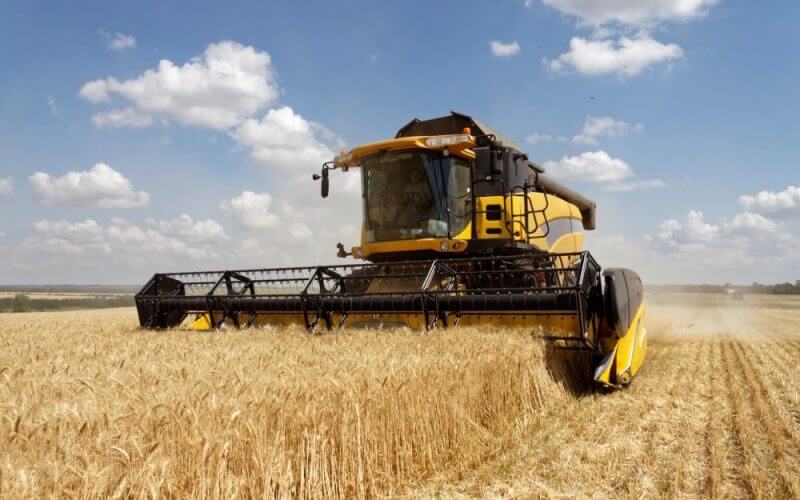The ongoing invasion of Ukraine by Russia’s President Vladimir Putin has significantly contributed to the current global food crisis as the ports in the Black Sea are blocked, Ukraine’s grain silos are full, and fields have been destroyed by warfare.
“Ukraine will be out of the market for a long time”, Ukrainian Agriculture Minister, Mykola Solskyi said predicting three years of losses and the destruction of 25 percent of Ukraine’s arable land.
Last year's harvest cannot leave the ports, and this year's harvest cannot be stored if last year’s is not exported. Destroyed fields mean next year's harvest cannot be planted. Ukraine is the world’s fifth largest exporter of grains and also a major exporter of seed oils, cereals and other agricultural products that much of the world relies on.
The World Food Program’s 2022 Global Report found that 193 million people face a crisis or worse. There are a record 49 million people at risk of famine. 750,000 people are considered to be in a state of catastrophe, according to the same report. Nigeria, Somalia, Ethiopia, Kenya, Egypt, and Yemen are most endangered. Tunisia, Iraq, Lebanon, and other countries in semi-arid and arid regions also have reason to worry.
Safe passage for cargo ships relies on more than Russia’s blockades. Turkey has attempted to oversee negotiations, but Russia refuses to end the blockade unless sanctions against them are lifted. The likelihood of these negotiations bearing fruit is slim, as there are nearly 400 sea mines that pose a danger to any ship that attempts passage. Not only are Ukrainian exports blocked, but the mines prevent many Russian, Romanian, Bulgarian, and other Eastern European exports too, as many others also travel through the Black Sea. Clearing these mines could take months, and by then, efforts to prevent damage to the world economy would be futile.
Instead, multiple European countries and the United States have pledged to build temporary silos along the Polish-Ukrainian border where grain can be stored before being transported to a different Mediterranean port. This isn’t easy either, as Ukrainian rail gauges are different from most other nations, meaning multiple transports and extended stops would be necessary. Not to mention, getting shipments to the border without suffering attacks from Russia proves to be challenging.
Before the war, Ukraine exported six million tons per month. Last month, exports numbered barely over one million tons. As a result, the price per ton has risen 41 percent to $480, and will likely surpass $600. As Russia continues to block Ukraine’s Black Sea ports, 55-60 million tons of grain may go to waste as storage reaches capacity. This will undoubtedly harm Ukraine’s economy, but also poses a risk to millions of people around the world who rely on Ukraine’s wheat.
The World Bank calculates that every 1 percent increase in the price of wheat will force 10 million people into extreme poverty. The 41 percent increase that has occurred since the Russian invasion of Ukraine is unsustainable and millions of people will suffer as a result. Not only will the poorest countries be affected, but the international institutions that provide a safety net will also struggle to meet the needs of the hundreds of millions that rely on them.










